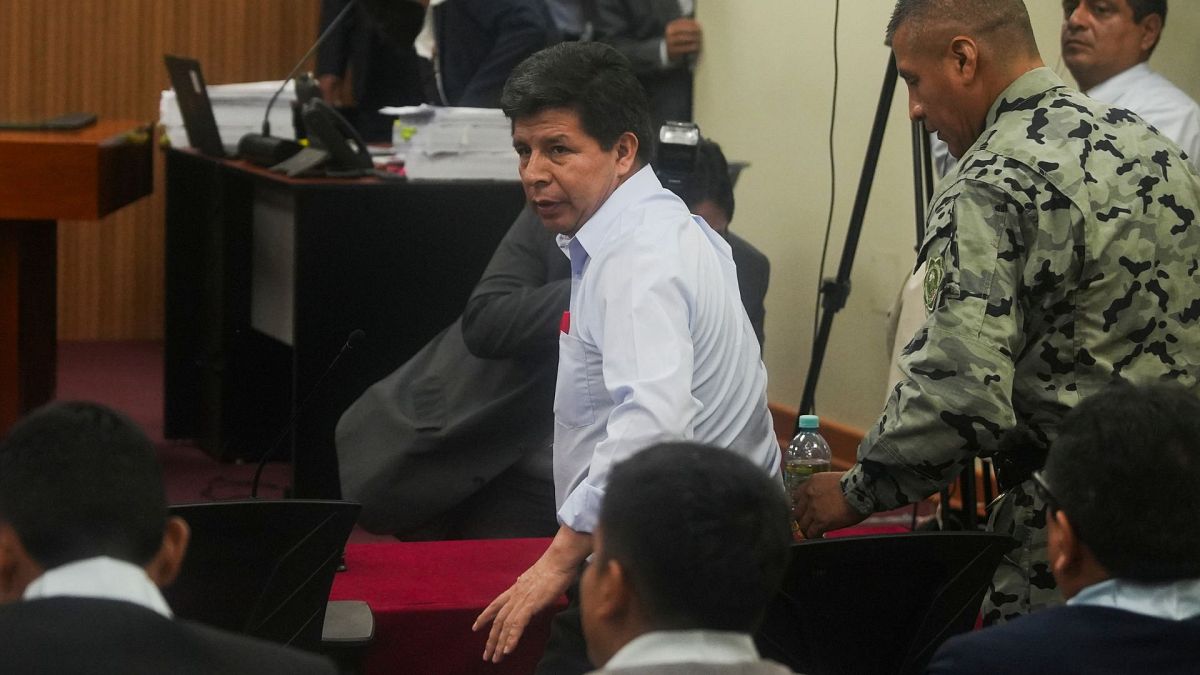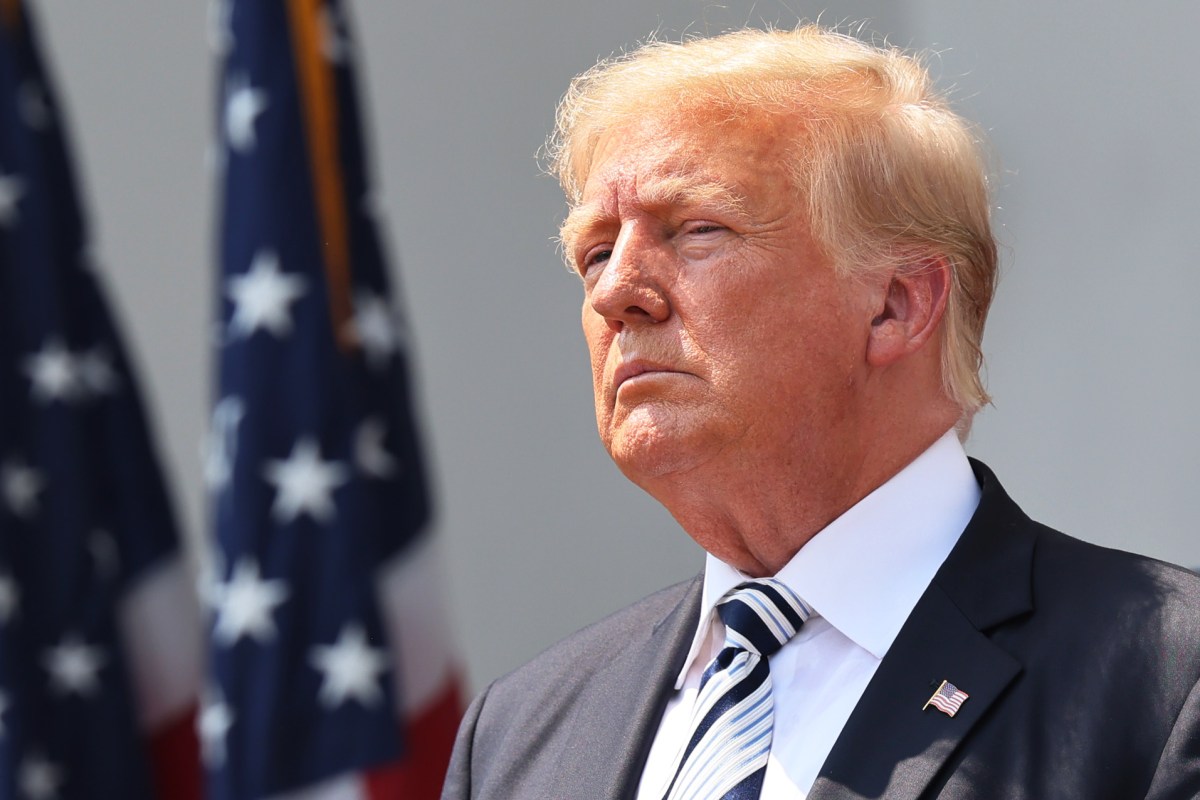Climate summit approves divisive $300B deal
The pledged financing from the U.S., EU and other wealthy governments includes hopes for private money — and a Trump-sized asterisk.
BAKU, Azerbaijan — Negotiators reached a deal early Sunday in which rich countries agreed to provide at least $300 billion per year in financing by 2035 to help poorer nations fight climate change.
The agreement, struck and approved early Sunday at the COP29 climate summit, emerged after days of public and closed-door recriminations and finger-pointing among the nearly 200 nations represented at the gathering by the Caspian Sea.
Those included a testy, shout-filled meeting before dawn Saturday in which major economic powers including the United States, the United Kingdom, the European Union and China battled over how the cash would be delivered and by which countries, two people familiar with that discussion told POLITICO.
Afterward, large rich nations agreed to bump up their offer from a $250 billion proposal that the summit’s hosts had floated on Friday.
Still, a minimum of $300 billion is far below the trillions of dollars that poorer and vulnerable countries will need to withstand ever-rising seas and worsening storms, droughts and floods, several analyses have found. Other ways exist to raise those funds — such as private capital, and carbon credit trading whose rules also reached a final deal Saturday. But representatives of poor and vulnerable countries such as Malawi, the Marshall Islands and the Maldives said the sum was simply insufficient to meet their needs.
The financial agreement also comes with a pile of uncertainty about the final amount any rich country would pay — especially as U.S. President-elect Donald Trump, who calls climate change a hoax, prepares to take power in Washington. The EU, already by far the largest donor bloc, expects to have to shoulder more of the burden as U.S. participation recedes.
The deal was broadly in line with the expectations set by a U.N. report last week, which estimated the amount of public finance and related cash transfers needed to protect climate-threatened countries and finance their clean industries. It also largely meshed with the $200 billion to $300 billion in annual funding that EU nations had discussed in private, as POLITICO reported on Monday.
In the lead-up to the talks, the U.S. and the EU pressured China and other wealthy, but technically developing, countries to join them as a donor nation.
The deal opened up the possibility for developing nations such as China to contribute, or not, on a voluntary basis — potentially allowing both sides to claim a win.
The $300 billion-plus goal will also include all finance from international institutions such as the World Bank — such as money provided by China and other developing country shareholders. The inclusion allows countries that had pressured China to contribute to say they had made progress.
The final text nodded to an agreement made last year in Dubai to transition away from fossil fuels. But this year countries declined to directly mention the energy sources that cause climate change. Nor did the deal lay out actions to accelerate toward that goal, something European and U.S. negotiators had wanted. They were repeatedly rebuffed by Saudi Arabia’s delegation, along with a group that included China, India and other emerging economies, according to a European diplomat, who was granted anonymity in order to discuss the contents of private meetings.
What's Your Reaction?
















































